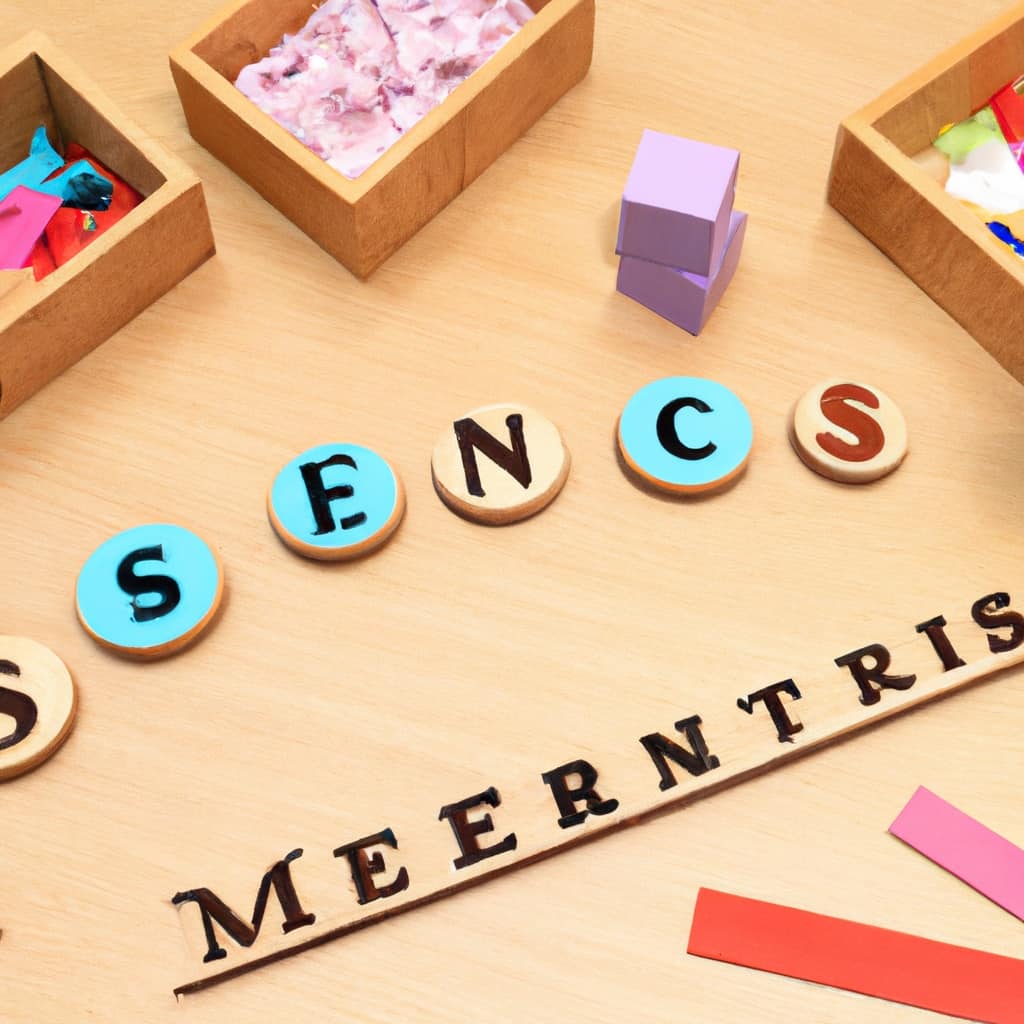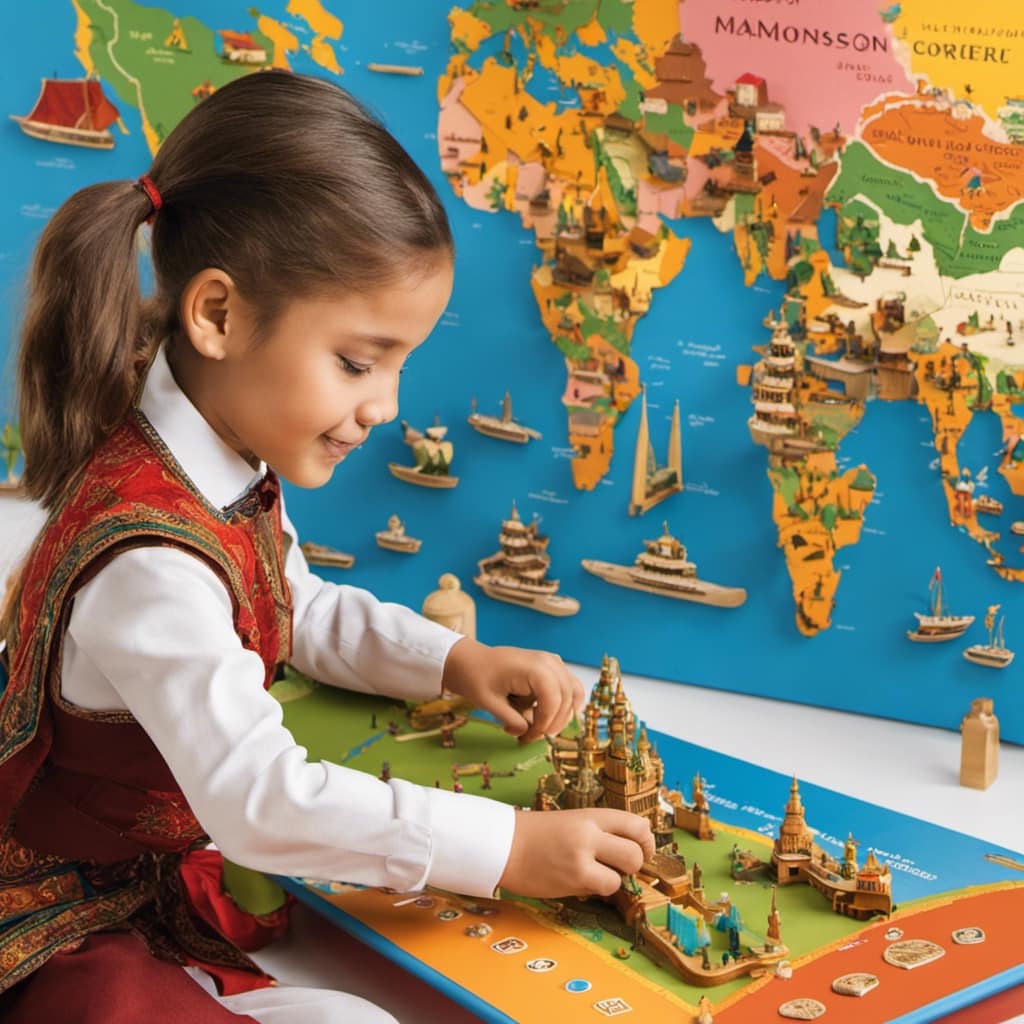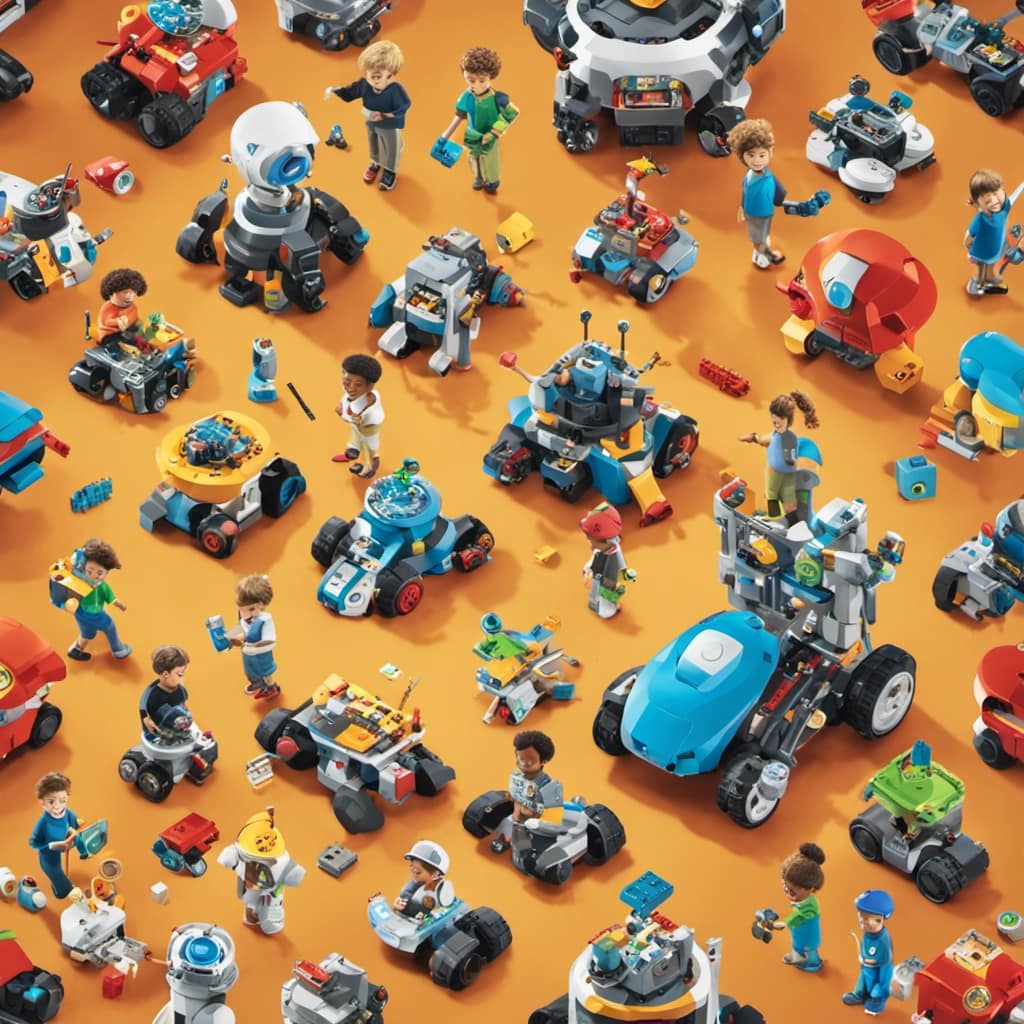I have always been fascinated by the significant impact of play in the education of young children, and the method Montessori uses to integrate play-based learning for 3-4 year olds is truly outstanding.
In this article, we’ll delve into the benefits of play-based learning in Montessori, understanding the cognitive growth milestones for this age group, strategies for social-emotional development, and the importance of nurturing curiosity and wonder through play.
Join me as we explore the world of Montessori education and discover the incredible impact it can have on young children’s cognitive, social, and emotional development.
Key Takeaways
- Montessori principles support development through exploration and independent thinking.
- Play-based learning in Montessori supports cognitive, social, emotional, and physical development.
- Symbolic thinking develops, where objects represent other things.
- Play-based learning enhances the educational journey and promotes a love for learning.
The Benefits of Play-Based Learning in Montessori
I’ve found that play-based learning in Montessori is incredibly beneficial for 3-4 year olds. It allows them to explore, experiment, and develop cognitive, social, and emotional skills.
Play plays a crucial role in developing problem-solving skills in young children. Through play, they are able to encounter and solve various challenges, stimulating their critical thinking and problem-solving abilities.
Play-based learning also has a significant impact on language development. By engaging in imaginative play, children have the opportunity to practice and refine their language skills. They learn new words, enhance their vocabulary, and improve their communication abilities as they interact with others during play.

In Montessori, play-based learning provides a rich and engaging environment for children to learn and grow.
Understanding the Cognitive Growth Milestones in 3-4 Year Olds
Symbolic thinking develops in 3-4 year olds, where objects represent other things. This is an exciting milestone in cognitive growth that opens up a whole new world of imagination and problem-solving skills.
Symbolic thinking allows children to understand that a block can be a phone or a blanket can be a cape, fostering creativity and pretend play.
It also helps children develop problem-solving skills as they learn to use objects in different ways, like using a toy car as a hammer or a box as a drum.
Symbolic thinking is an important foundation for language development, as children start to use words to represent objects and ideas.
Understanding and nurturing this emerging ability is crucial for supporting children’s cognitive development. By providing opportunities for imaginative play, puzzles, and open-ended activities, we can help children strengthen their problem-solving skills and expand their symbolic thinking abilities.

Strategies for Social-Emotional Development in Montessori
Creating a nurturing environment and modeling empathy are essential strategies for promoting social-emotional development in young children.
As an educator, I believe in the power of teaching empathy and building problem-solving skills to help children navigate their emotions and develop healthy relationships.
By creating a safe and supportive environment, children feel comfortable expressing their emotions and learning how to understand and empathize with others.
Through modeling empathy, I demonstrate the importance of kindness and compassion, which helps children develop their own empathy skills.
Additionally, teaching problem-solving skills enables children to effectively communicate, resolve conflicts, and find solutions to challenges they may encounter.
These strategies not only foster social-emotional development but also lay the foundation for a lifetime of healthy emotional intelligence and successful interpersonal relationships.
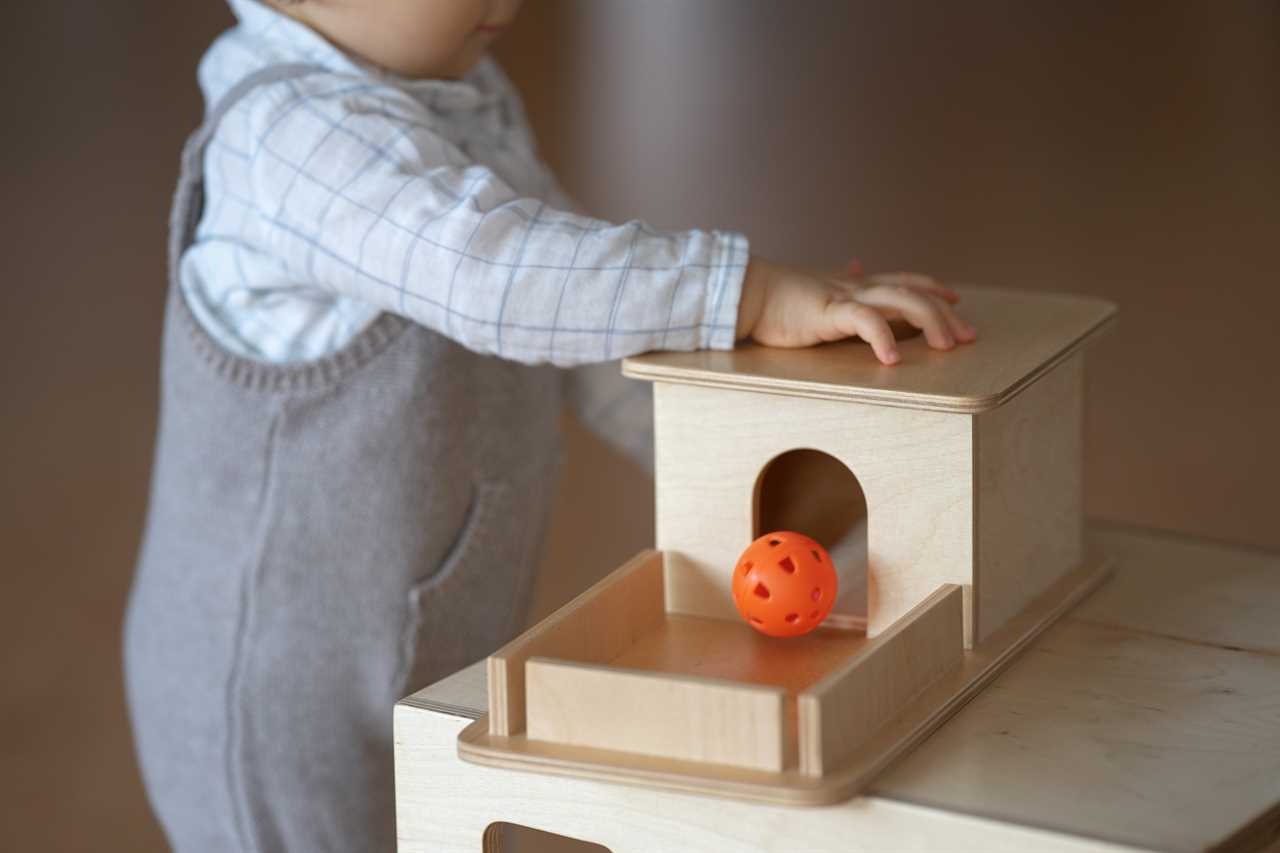
Exploring the Power of Play in Montessori Education
My belief in the power of play to enhance cognitive, social, and emotional development is strengthened by the Montessori approach.
In Montessori education, play is not merely a form of entertainment, but a crucial tool for learning and growth. The role of imagination in play cannot be underestimated.
When children engage in imaginative play, they are able to explore new ideas, problem-solve, and develop their creativity. This not only enhances their cognitive abilities but also fosters independence as they learn to think for themselves and make decisions.
Play-based learning in the Montessori classroom provides a safe and nurturing environment for children to develop these skills. By encouraging play, we are empowering children to become confident, independent learners who are capable of embracing challenges and exploring the world around them.
Nurturing Curiosity and Wonder Through Play-Based Learning
Nurturing curiosity and wonder through play allows me to witness the joy and excitement in children’s eyes as they explore and discover the world around them.
Play-based learning in Montessori education is a powerful tool for fostering creativity and promoting independent thinking in 3-4 year olds. By providing a prepared environment that encourages exploration, children are able to engage in self-directed learning and enhance essential skills.
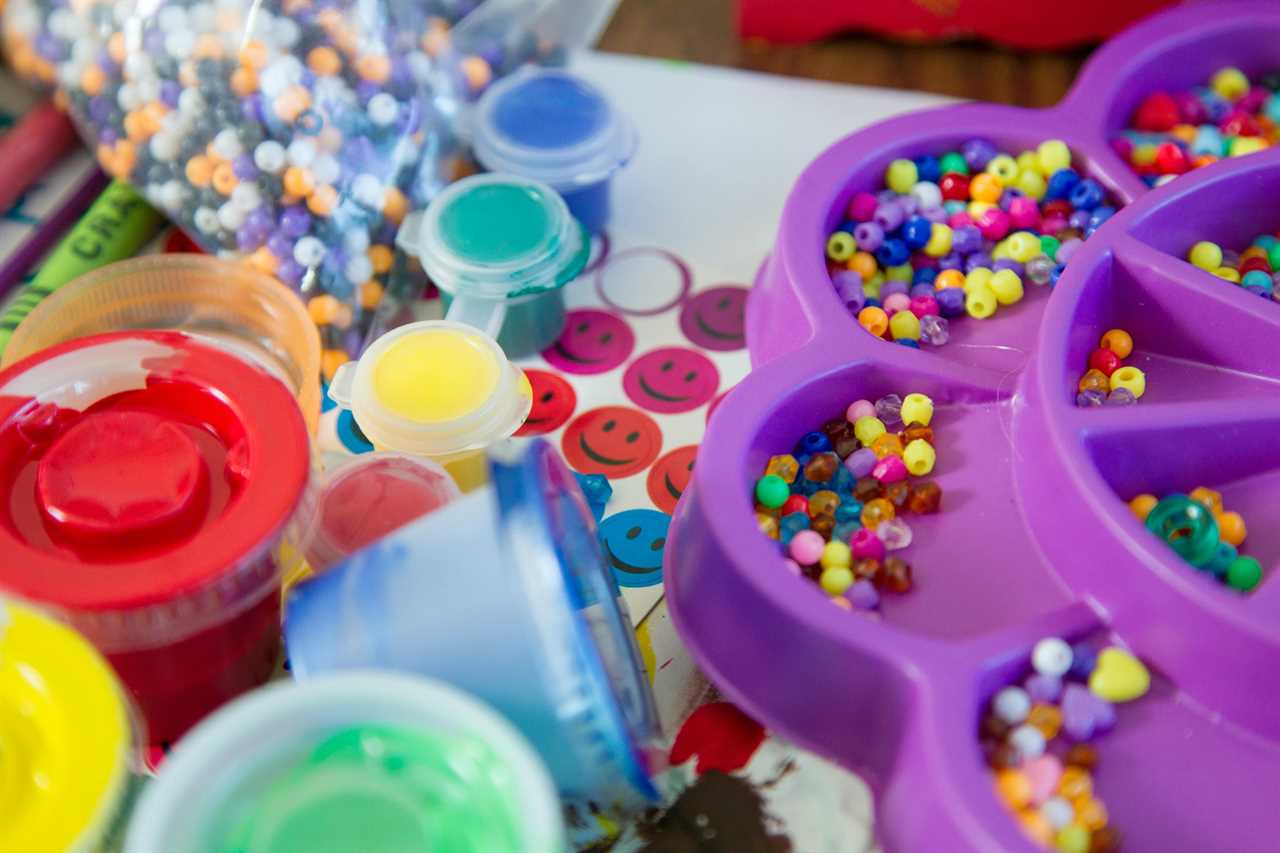
Through imaginative play and puzzles, cognitive growth milestones such as symbolic thinking and understanding cause and effect relationships are achieved. Additionally, play-based learning strategies not only enhance the educational journey but also develop cognitive, social, and emotional skills.
Frequently Asked Questions
How Does Play-Based Learning in Montessori Support Physical Development in 3-4 Year Olds?
Play-based learning in Montessori supports physical development in 3-4 year olds by incorporating gross and fine motor skills in play-based activities. It promotes coordination, strength, and overall physical well-being, fostering a healthy and active lifestyle.
What Are Some Examples of Cognitive Stimulation Techniques That Can Be Used in Play-Based Learning for 3-4 Year Olds?
In play-based learning for 3-4 year olds, cognitive stimulation techniques like puzzles and imaginative play can enhance cognitive development and problem-solving skills. It’s exciting to see their minds grow and their abilities expand.
How Can Parents and Teachers Create a Nurturing Environment to Encourage Emotional Expression in Montessori Play-Based Learning?
To create a nurturing environment in Montessori play-based learning, parents and teachers can encourage emotional expression by providing a safe and supportive space, actively listening, validating feelings, and acknowledging children’s experiences. Building self-confidence is essential in this process.
What Are Some Effective Communication Strategies That Can Be Taught to 3-4 Year Olds in Montessori Play-Based Learning?
Some effective communication strategies for 3-4 year olds in Montessori play-based learning include active listening, using clear and simple language, encouraging turn-taking, and teaching problem-solving skills to resolve conflicts peacefully.
How Does Play-Based Learning in Montessori Foster Imagination and Curiosity in 3-4 Year Olds?
Play-based learning in Montessori fosters imagination and curiosity in 3-4 year olds by providing opportunities for open-ended exploration and creative play. For example, building with blocks allows children to imagine and create their own structures, sparking their curiosity and imagination.
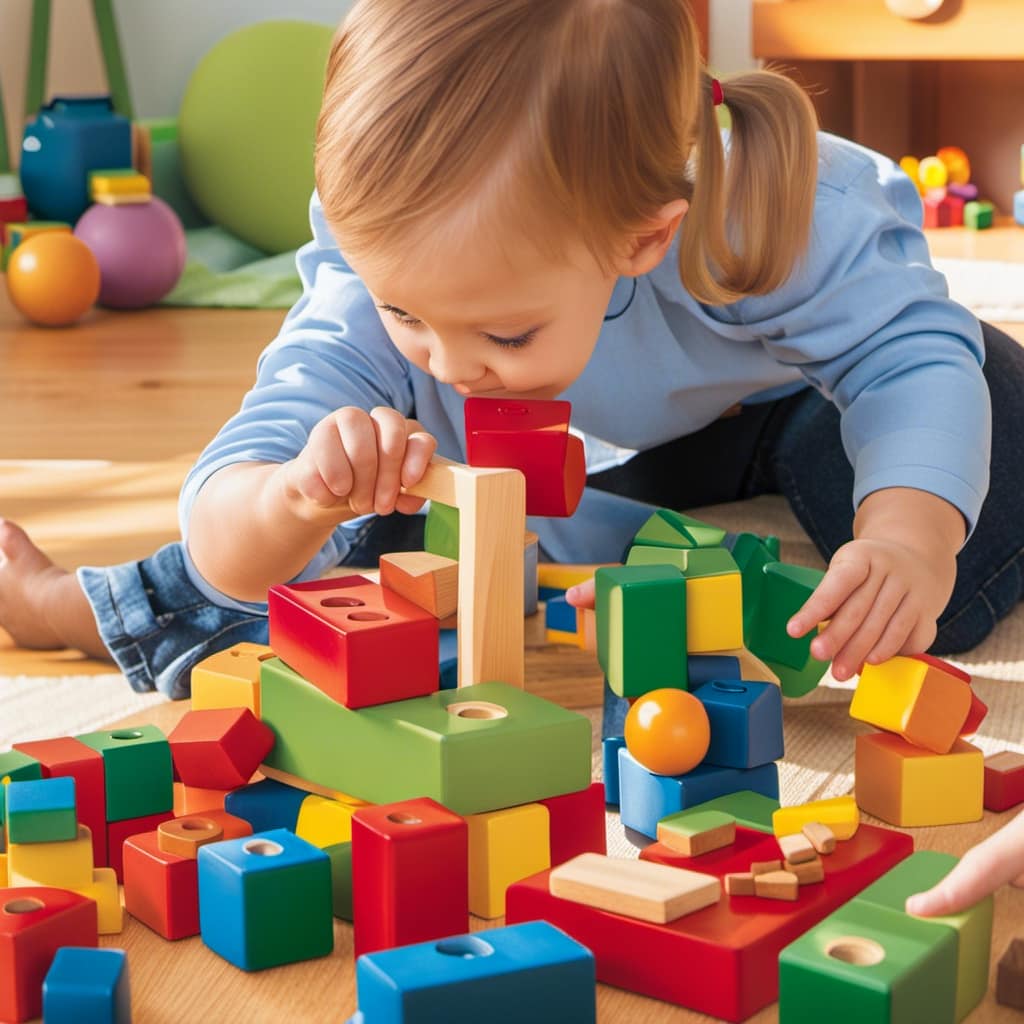
Conclusion
In conclusion, Montessori’s play-based learning approach for 3-4 year olds is a powerful tool for supporting their development.
By providing a prepared environment that encourages exploration and independent thinking, Montessori classrooms foster cognitive, social, and emotional growth.
While some may argue that a more structured approach is necessary at this age, it is important to recognize that play-based learning allows children to actively engage with their surroundings, promoting a deeper understanding of concepts.
By embracing play, we can nurture curiosity and wonder in young learners, setting them up for a lifetime of learning and exploration.

